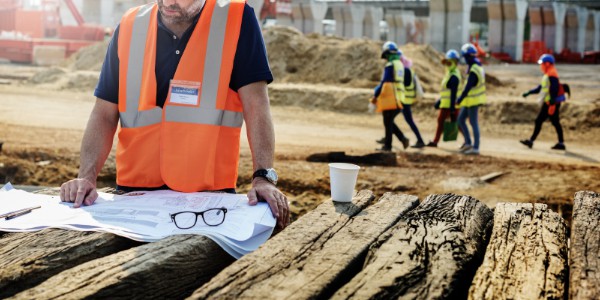
Here’s an interesting little fact that I learned recently from Paul Findlay, CEO for the REACH Ecosystem in Australia; the average leader is in a leadership position for about 10 years before receiving any leadership training.
Wowza! How often do we hear people discuss how important leadership is and experience the dire consequences of poor leadership and yet our leaders are not receiving the training they need to succeed in their roles?
This topic came up a couple of times this week as I coached executive leaders from different industries. One leader owns a very successful coffee shop, another a real estate agency and another is in the sporting business.
It was a real eye opener for us to realise how much training they provide for the technical skills to do the technical work and yet very little for the emerging and recently promoted leaders and managers.
In the coffee shop, we wouldn’t think of not training our barista to make a perfect cup of coffee.
In real estate, property managers must know the legislation and how to deal with landlords and tenants. There are checklists for ingoing and outgoing reports; criteria for assessing tenant applications.
In the sporting business, employees need to know how to measure and quote for the right amount of materials and how to design and construct sporting fields.
Technical skills OR leadership skills.
When our people move up the ladder, usually because they are very competent technicians, we expect them to be able to:
- Recruit
- Train
- Lead
- Manage, and
- Hold the team accountable.
And yet, we rarely give them any support or training in how to do this.
Graduates of our Leading Yourself and Leading Others experience leave with their own Train The Trainers manual. I encourage them to share what they learned with their people.
If you have had the privilege of some leadership training, I believe you have the responsibility to share what you know both through your training and your experience.
New managers need to understand and accept that their “tools and equipment” are now the people they lead and manage.
Unlike physical tools, such as hammers or coffee machines, people are emotional. They have their own set of values and beliefs. They come laden with what we call spaghetti (emotional baggage) as well as their own individual personalities. They have different learning preferences and they like to be appreciated in their own way.
When you think about it, it’s a huge responsibility to place on new leaders and managers with the expectation that they are to “get the most out of their people”.
Technical skills or leadership skills.
Remember the Peter Principle? We promote people to their level of incompetency.
Let’s not let that happen in your business.
Let’s not wait 10 years before training your leaders.
Give them the training and support they need, just as you would for a technical person doing a technical job.
P.S. Invite your friends to get the Weekly Thoughts delivered directly to their inbox. Go to https://shirleydalton.com/weekly-thoughts.

